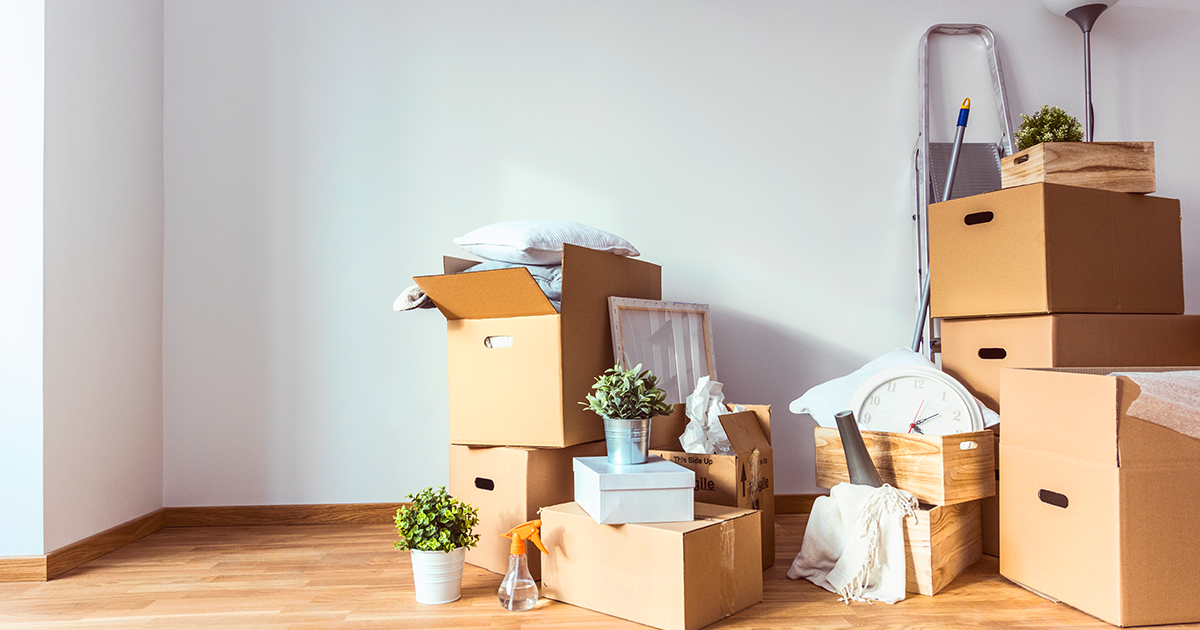
Home moving is an exciting and often necessary transition in life. Whether you’re relocating for a new job, upsizing for a growing family, or seeking a change of scenery, the process of moving comes with its own set of costs that extend far beyond the price of a new home. To ensure a seamless transition, it’s essential to account for the unseen costs of home moving and create a comprehensive budget.
1. Moving Services
One of the most significant unseen costs of moving is hiring professional moving services. The cost of movers can vary widely depending on the distance, the volume of your belongings, and the services you require. In addition to the basic moving fee, you might need to budget for packing services, materials, and any specialty items like pianos or fragile antiques. To avoid surprises, obtain multiple quotes and compare services before making a decision.
2. Packing Supplies
Packing your belongings is a critical step in the moving process, and it can be surprisingly expensive. Boxes, tape, packing paper, bubble wrap, and other supplies can add up quickly. While some supplies can be sourced for free, especially if you have friends or family who recently moved, budgeting for packing materials is essential to ensure you’re adequately prepared for the packing stage.
3. Utility and Service Connection Fees
When you move to a new home, you’ll need to set up or transfer utilities and services, such as electricity, gas, water, internet, and cable. These services often come with connection fees, deposits, and, in some cases, installation costs. It’s essential to account for these costs in your budget and contact service providers well in advance to schedule installations or transfers.
4. Transportation and Travel Expenses
The process of moving might involve travel costs, especially if you’re relocating to a distant location. Whether you’re driving your own vehicle, renting a truck, or using professional movers, there are costs associated with gas, vehicle rentals, flights, accommodations, and meals. These expenses can significantly impact your budget, so plan accordingly.
5. Temporary Storage
In some cases, you may need to use a temporary storage facility during your move. Whether you’re downsizing, facing a gap between move-out and move-in dates, or simply want to declutter before settling into your new home, storage fees can become a significant unforeseen cost. Factor in storage costs if necessary and look for facilities that offer competitive rates and security features.
6. Home Repairs and Renovations
Once you’ve moved into your new home, you might discover the need for unexpected repairs or renovations. These can include minor fixes like a leaky faucet or major projects like replacing a roof or rewiring the electrical system. While not all moves require home repairs, it’s wise to set aside a budget for unexpected maintenance needs.

7. Homeowners Insurance and Property Taxes
The cost of homeowners insurance and property taxes varies by location and the value of your new home. These costs are often not factored into the initial excitement of purchasing a house, but they are vital for your long-term budget planning. Ensure you have a clear understanding of these costs before finalizing your home purchase.
8. Cleaning and Maintenance Supplies
Both your old and new homes will require cleaning and maintenance, which can involve additional costs. Cleaning supplies, lawn care equipment, paint, and basic tools should be included in your budget to ensure that you’re ready to tackle any necessary maintenance tasks.
9. Mortgage and Loan Fees
If you’re taking out a mortgage or a loan to finance your new home, you’ll encounter fees and closing costs associated with the application and approval process. These costs include loan origination fees, appraisal fees, credit report fees, and more. Be sure to understand the details of your loan agreement to budget for these expenses.
10. Updating Personal Documents and Address Changes
When you move, you’ll need to update personal documents, such as your driver’s license, vehicle registration, and voter registration. These updates often come with fees. Additionally, you’ll need to update your address with various organizations and service providers, which can involve mailing fees and administrative charges.
Creating a Comprehensive Budget
To ensure a seamless transition during your home move, it’s crucial to create a comprehensive budget that accounts for these unseen costs. Start by estimating the costs for each category mentioned above and add a contingency buffer to account for unforeseen expenses. Having a well-thought-out budget will not only help you plan your move effectively but also reduce financial stress during the process.
In conclusion, the unseen costs of home moving can add up quickly, potentially straining your finances if not adequately planned for. By accounting for these costs in your budget and creating a financial safety net, you’ll be better prepared to navigate your move with confidence and ensure a seamless transition to your new home.


